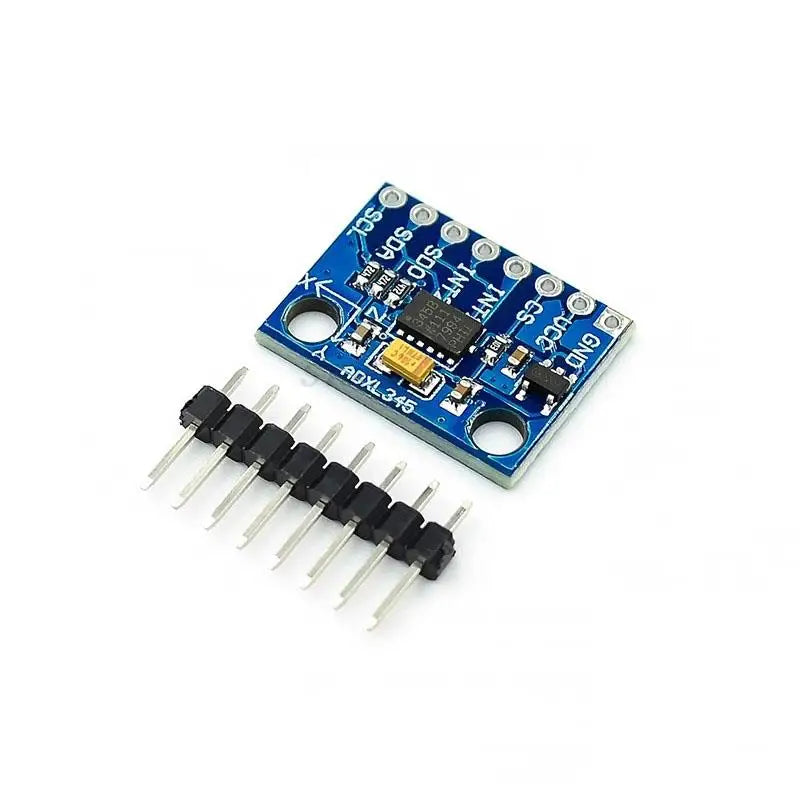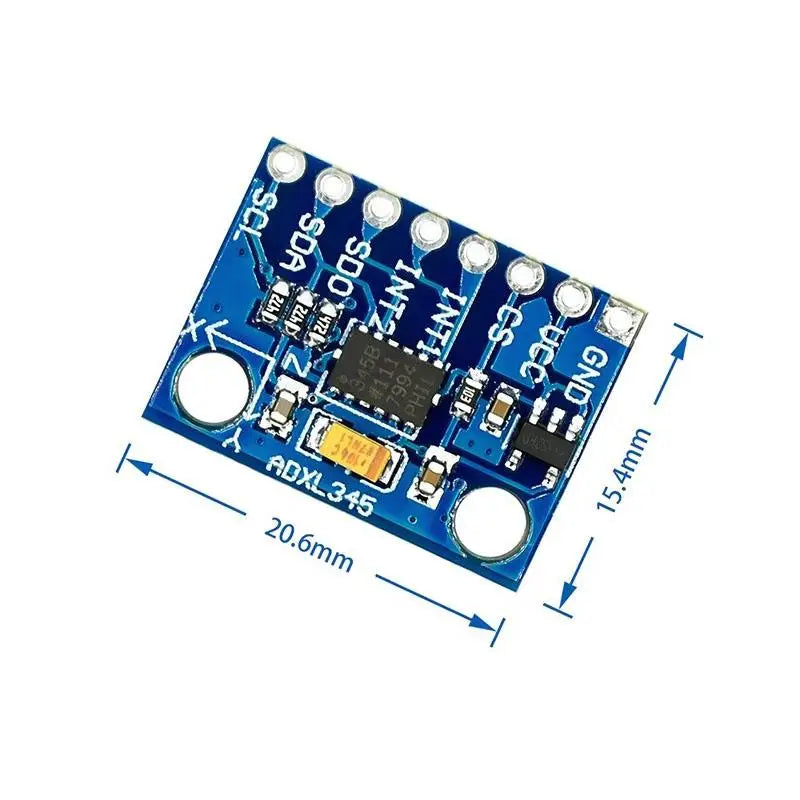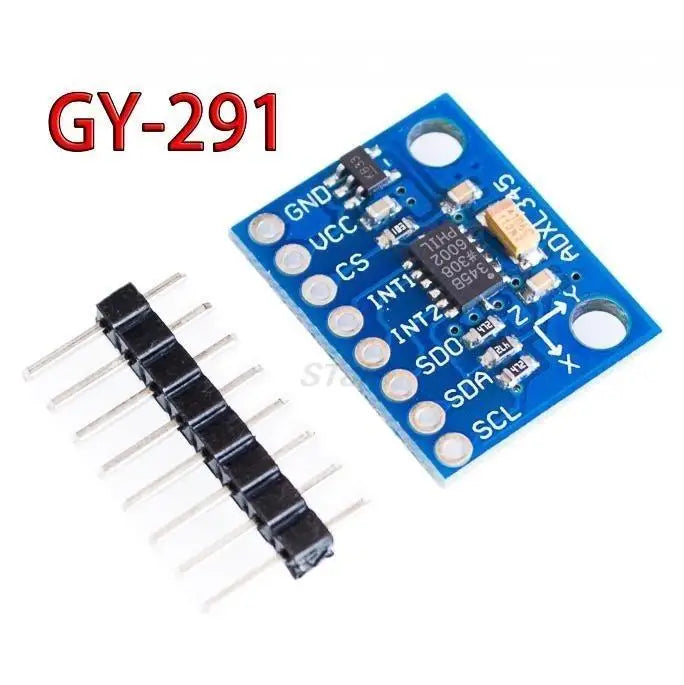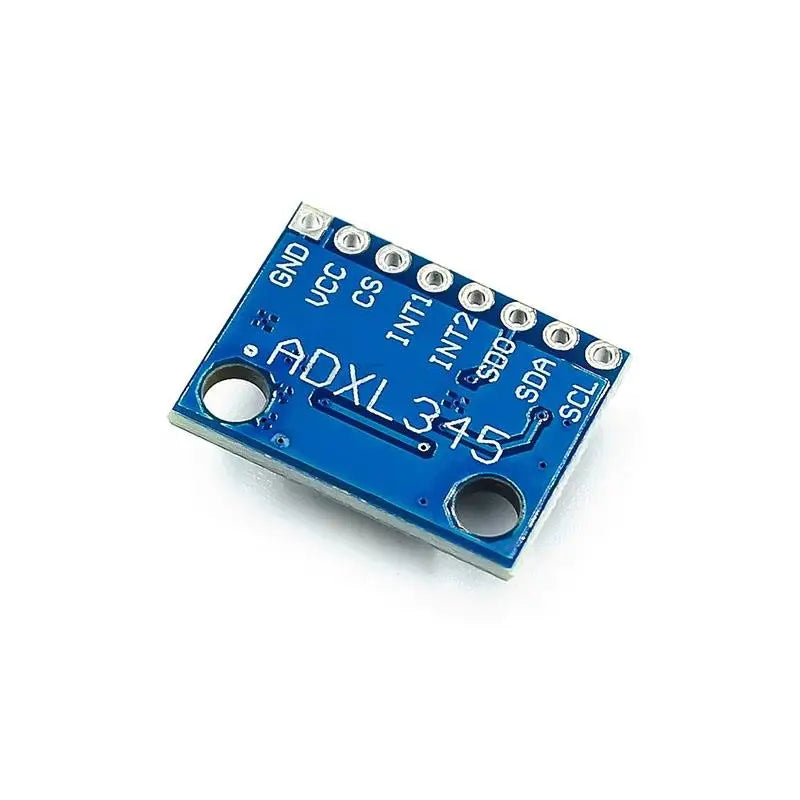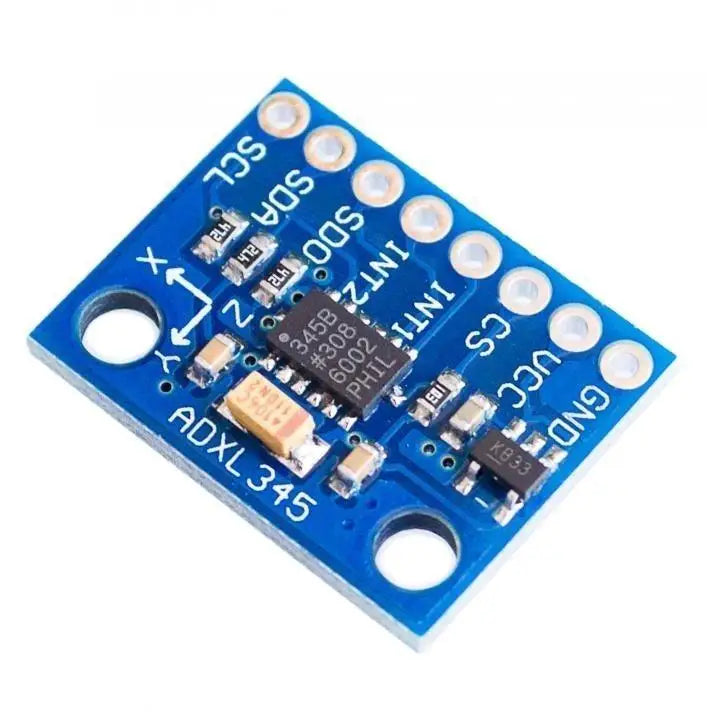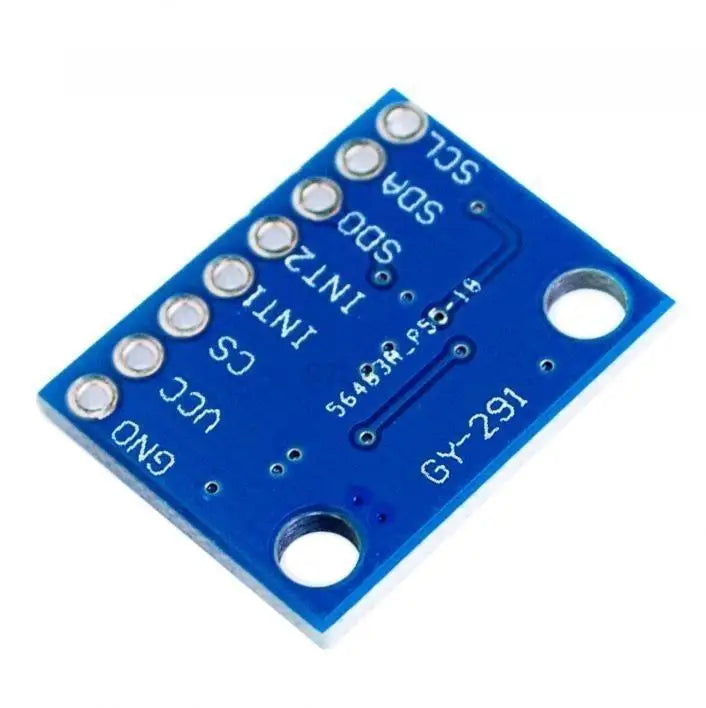Lonten Tech
Custom GY-291 ADXL345 digital three-axis acceleration of gravity tilt module IIC / SPI transmission
Custom GY-291 ADXL345 digital three-axis acceleration of gravity tilt module IIC / SPI transmission
Couldn't load pickup availability
GY-291 ADXL345 digital three-axis acceleration of gravity tilt module IIC / SPI transmission
L298N_ motor driver module _ book http://wenku.baidu.com/view/bb2431ed941ea76e58fa04f7.html program
Basic properties
Module name: Double H bridge motor drive module
Working mode: H-bridge drive (dual)
Main control chip :L298N
Logic voltage :5V
Drive voltage :5V-35V
Logic current :0mA-36mA
Name: ADXL345 Module (three-axle load acceleration)
Model: GY-291
Chip used: ADXL345
Power supply: 3-5v
Communication mode: IIC/SPI communication protocol
Measuring range: ±2g±16g
Provide schematics, related data books and reference documents
Provide 51,AVR, Arduino microcontroller test code
A large number of spot, the need can be taken directly, large quantity and good price!
3 axes, ± 2g/ ± 4g/ ± 8g/ ± 16g
Digital acceleration module
summarize
The ADXL345 is a small, slim, low-power triaxial accelerometer that allows high-resolution (13-bit) measurements of accelerations up to ±16 g. The digital output data is in 16-bit binary complement format.
It can be accessed via SPI (3-wire or 4-wire) or I2C digital interface.
The ADXL345 is ideal for mobile device applications. It can measure static gravitational acceleration in tilt detection applications, as well as dynamic acceleration due to motion or shock. It has a high resolution (4 mg/LSB) and is capable of measuring an inclination change of about 0.25°. The use of digital output acceleration timing such as the ADXL345 eliminates the need for analog-to-digital conversion, which can save system cost and board area. In addition,
The ADXL345 is a small, thin, ultra-low power 3-axis accelerometer with high resolution (13 bits) and a measuring range of ± 16g. The digital output data is in 16-bit binary complement format and can be accessed via SPI(3-wire or 4-wire) or I2C digital interface. The ADXL345 is ideal for mobile device applications. It can measure static gravitational acceleration in tilt detection applications, as well as dynamic acceleration due to motion or shock. Its high resolution (3.9mg/LSB) allows it to measure changes in tilt angles of less than 1.0°. The device provides a variety of special detection functions. The activity and inactivity detection function detects whether motion is occurring by comparing the acceleration on any axis with a user-set threshold. The knock detection function can detect single and double vibrations in any direction. The free fall detection function detects whether the device is falling. These functions can be mapped independently to one of the two interrupt output pins. The patent-pending integrated memory management system features a 32-stage first-in first-out (FIFO) buffer that can be used to store data, reducing host processor load to a minimum and reducing overall system power consumption. Low Power mode enables smart motion-based power management for threshold sensing and motion acceleration measurement with very low power consumption.
The ADXL345 comes in a 3 mm x 5 mm x 1 mm, 14-pin compact ultra-thin plastic package.


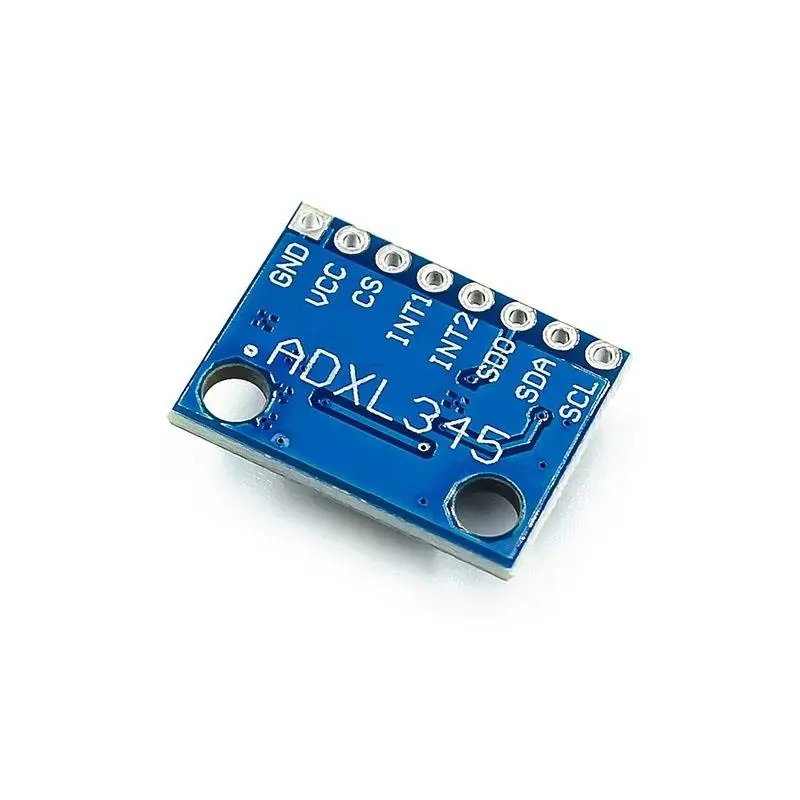


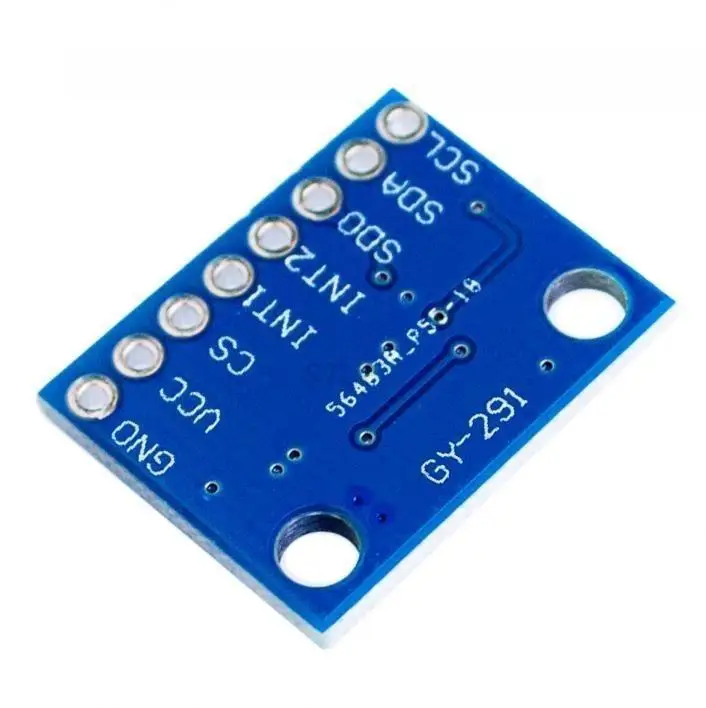
Share
